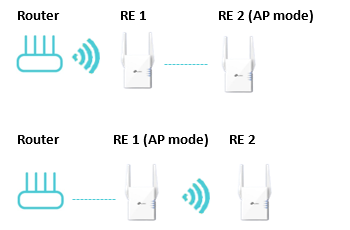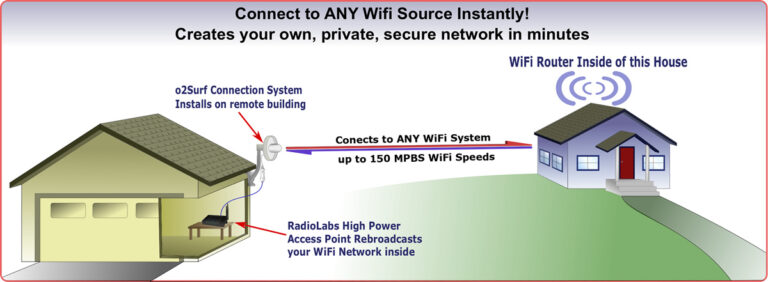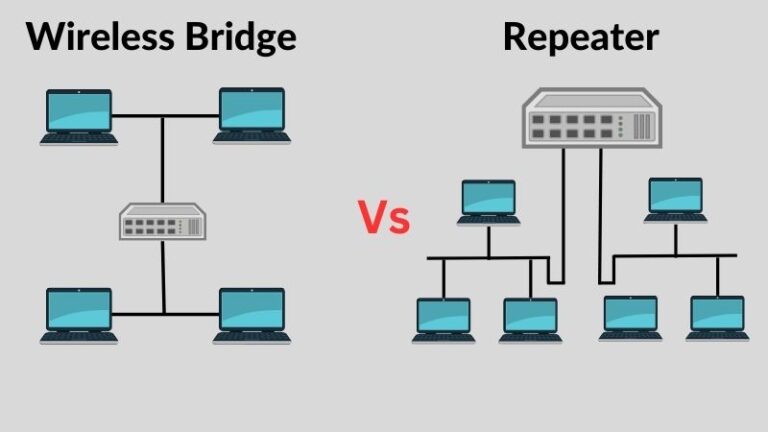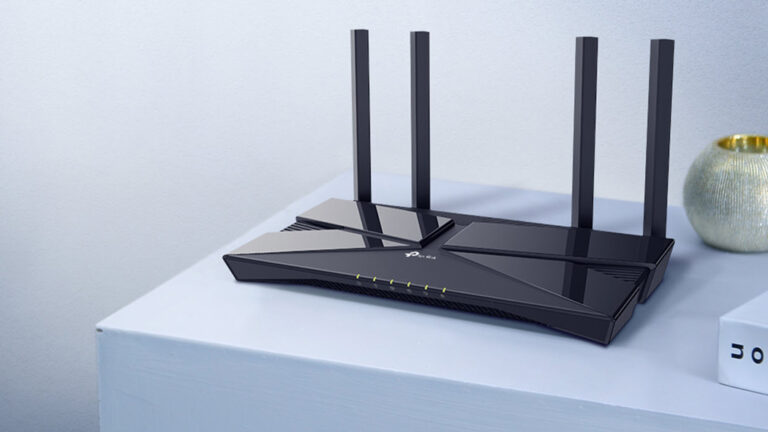Are Hotel Wi-Fi Safe?
The need for Wi-Fi in today’s world is undeniable. We rely on it for work, entertainment, communication, and more. But when we stay in a hotel, we usually rely on their Wi-Fi to stay connected. The question is, are hotel Wi-Fi networks safe? While most hotels take measures to ensure their networks are secure, there are still potential issues that can arise if you don’t take the necessary precautions. This article will discuss the security of hotel Wi-Fi networks and the steps that you can take to protect yourself when using them.
What is Hotel Wi-Fi?
Hotel Wi-Fi is an internet connection that is available to guests staying in a hotel. It is typically obtained by connecting to the hotel’s wireless network using the password provided upon check-in. Hotel Wi-Fi is often provided free of charge, but some hotels may charge a fee for access. The security of Hotel Wi-Fi is often of concern to travelers, as it can be difficult to tell who may be accessing the network and what sorts of malicious activities they may be engaging in. As such, it is important to understand the potential risks associated with Hotel Wi-Fi and the steps that can be taken to protect yourself while connected.
Security Concerns of Hotel Wi-Fi
With the pervasive use of technology, it is not surprising that hotels are now offering Wi-Fi access to their guests. While the convenience of having reliable internet is a great benefit, it is important to consider the security risks that may come with it. Hotel Wi-Fi is not always as secure as one might think.
Hotels typically offer public Wi-Fi networks, which means that all of the guests in the hotel are sharing the same network. This can give hackers an opportunity to gain access to the hotel’s entire network and any personal data that is sent over it. Hackers can also use the public Wi-Fi to set up malicious networks using the hotel’s bandwidth, which can be used to steal personal data.
It is also important to note that many hotel Wi-Fi networks are unencrypted, meaning that it is possible for hackers to intercept all of the data that is transmitted over the network. This can include passwords, bank account information, and other sensitive data.
Finally, hotel Wi-Fi networks are often used to connect to devices such as laptops, tablets, and phones. This means that any device connected to the network can act as an entry point for hackers, allowing them to access all of the data that is on the device.
When using hotel Wi-Fi, it is important to take steps to ensure that your data is secure. This includes using a virtual private network (VPN) to encrypt your data, avoiding public Wi-Fi networks, and being aware of any suspicious activity. While hotel Wi-Fi can be convenient and reliable, it is important to be aware of the security risks associated with it.
Steps to Take to Secure Hotel Wi-Fi
In today’s world, it is important to take every precaution to protect your devices and data when using public Wi-Fi networks. When traveling, securing your Wi-Fi connection is especially important as you may be connecting to networks you are unfamiliar with. Hotels are one of the most common places travelers connect to public Wi-Fi networks, so it is important to keep safety in mind when using hotel Wi-Fi. To ensure you stay safe online when connecting to hotel Wi-Fi, there are a few steps you should take.
First, make sure the Wi-Fi connection is secure. Hotel Wi-Fi networks are often encrypted, so make sure your connection has a secure lock icon. Also confirm the name of the network is correct and matches the official name of the hotel.
Second, avoid sharing sensitive information while connected to the hotel Wi-Fi. Try to limit your activities to browsing the web, checking email, and using social media. Do not use hotel Wi-Fi to access your bank account or make online purchases.
Third, use a virtual private network (VPN). VPNs encrypt your connection, making it harder for hackers to access your information. When using a VPN, make sure you are connecting to a reputable service.
Finally, be mindful of any suspicious messages or links sent through hotel Wi-Fi. These messages or links could be malicious and contain harmful software.
By taking these steps, you can help keep your devices and data secure when using hotel Wi-Fi. Remember, it is always important to take the necessary precautions to protect your information.
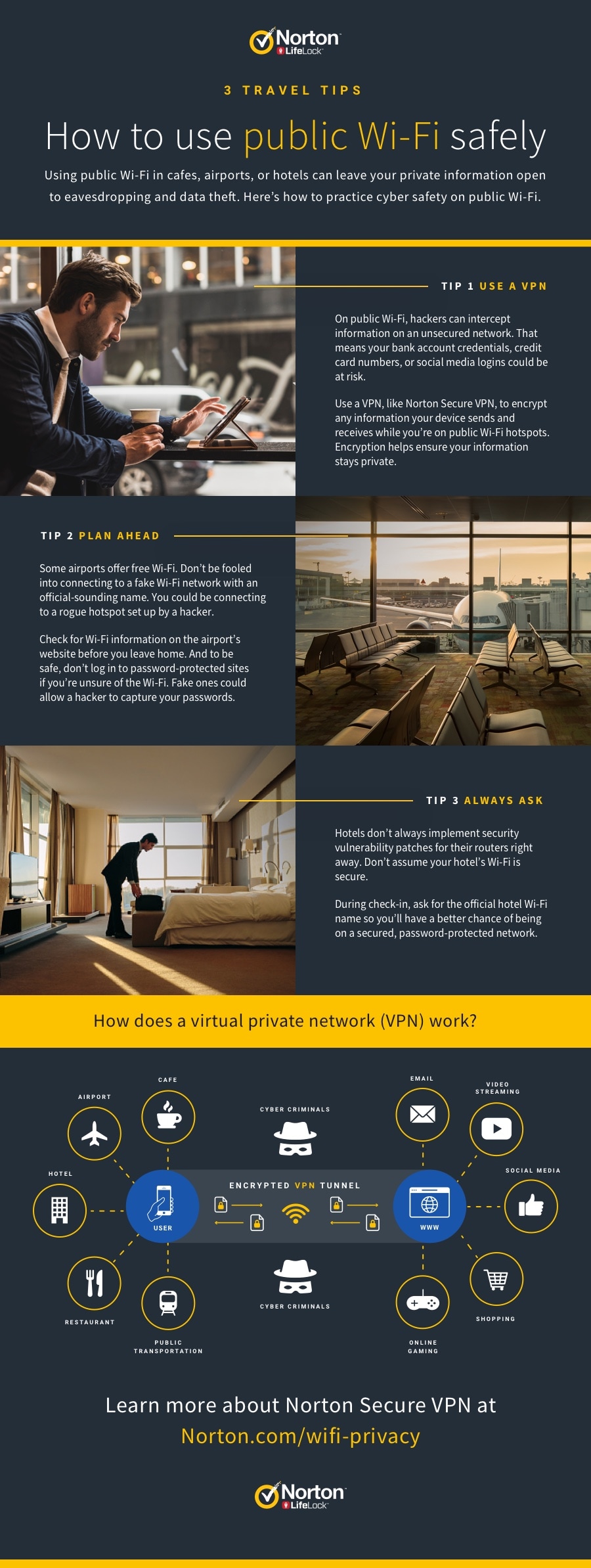
How to Avoid Malware on Hotel Wi-Fi
When staying at a hotel, many travelers assume that the Wi-Fi is safe to use, which is not always the case. It is important to be aware of potential risks and take the necessary steps to protect yourself while using hotel Wi-Fi.
Malware is one of the most common risks associated with hotel Wi-Fi. Malware is malicious software that can infect your device and cause damage or steal your data. To avoid malware, make sure to only connect to secure networks and use strong passwords. It’s also a good idea to use a VPN whenever you are using public Wi-Fi. Additionally, make sure to keep your operating system and anti-virus software up to date to protect yourself from the latest threats.
Another way to protect yourself online is to enable two-factor authentication (2FA) on your accounts. This adds an extra layer of security to your account and helps prevent hackers from accessing your information. Additionally, be cautious when clicking on links or downloading files from the internet. If you’re unsure of the source, don’t download it.
Staying safe on hotel Wi-Fi is essential, especially when traveling. Being aware of the potential risks and taking the necessary steps to protect yourself can help make your trip more secure and enjoyable.
What to Do if You Suspect Your Hotel Wi-Fi is Unsafe
When traveling, the safety of your personal information should be a top priority. If you suspect your hotel Wi-Fi is unsafe, it’s important to take steps to protect your data. The best way to do this is to purchase a Virtual Private Network (VPN). A VPN is a secure tunnel between your device and the internet that encrypts your data and prevents malicious actors from snooping. Additionally, you can use a password manager to generate secure passwords for each website you visit, as well as use two-factor authentication when available. Lastly, it’s wise to be mindful when using public Wi-Fi and avoid accessing sensitive data like banking information or confidential emails.
By following these tips, you can protect yourself from potential cyber threats while using public Wi-Fi at hotels. While a VPN may be an added cost, it’s a small price to pay for your peace of mind. Taking the extra precautions to ensure your data is safe is a smart and worthwhile investment.
Alternatives to Hotel Wi-Fi
When it comes to staying connected while traveling, hotel Wi-Fi is a convenient option. But for those wary of the risks associated with public Wi-Fi, there are alternatives. From using a virtual private network (VPN) to setting up a personal hotspot, here are some of the best ways to stay connected without compromising your safety.
Using a VPN is one of the most secure ways to access the internet while using public Wi-Fi. A VPN creates an encrypted connection and hides your IP address, making it harder for cybercriminals to access your data. It also helps protect you from malicious websites and keeps your browsing habits private.
Setting up a personal hotspot is another way to stay secure while using public Wi-Fi. By creating a wireless network with your smartphone, you can access the internet without having to connect to the hotel Wi-Fi. You can also use a mobile hotspot device, which works like a Wi-Fi router and connects to your phone’s data connection.
Using a wired connection is also a secure way to access the internet. Many hotels offer wired internet access, allowing you to connect directly to the network without having to use the hotel Wi-Fi. This eliminates the risk of connecting to an unsecure network and ensures that your data is safe.
Finally, you can use a private messaging service, such as Signal or Telegram, to send and receive encrypted messages. These services provide end-to-end encryption, making them more secure than regular email or text messaging.
No matter where you’re traveling, there are ways to stay connected without having to worry about the safety of the hotel Wi-Fi. By taking the necessary precautions and using the right tools, you can ensure that your data is secure and your privacy is protected.
FAQs About the Are Hotel Wi-Fi Safe?
1. What steps can I take to ensure my hotel Wi-Fi is safe?
Answer: Make sure to always use a secure password for your hotel Wi-Fi connection. Additionally, always enable two-factor authentication when possible, and download a reliable antivirus software before connecting to any public Wi-Fi network.
2. Is it safe to use online banking while connected to a hotel Wi-Fi network?
Answer: It is not recommended to use online banking while connected to a hotel Wi-Fi network. It is best practice to use a secure, password-protected network, such as a home Wi-Fi connection, for any online banking needs.
3. Is there any way to know if the hotel Wi-Fi is secure?
Answer: If the Wi-Fi network requires a password to access, it is likely secure. You can also check the hotel’s website to see if they provide any additional security measures, such as two-factor authentication or encryption.
Conclusion
In conclusion, hotel Wi-Fi is generally safe to use, but it is important to be aware of potential risks and take steps to protect yourself. Make sure to use strong passwords, avoid using public computers, and if possible, use a VPN connection when connecting to hotel Wi-Fi. By following these simple steps you can protect yourself and your data while enjoying the convenience of hotel Wi-Fi.
